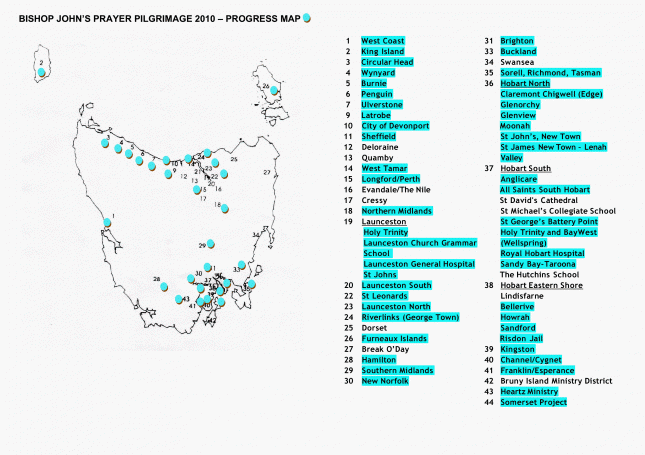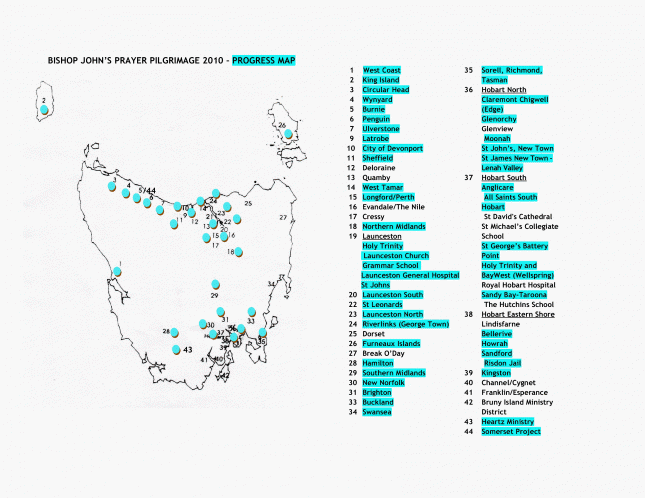France strikes a blow against religious freedom of expression. The nation that prides itself on liberty continues its slide into discrimination against those holding religious beliefs.
Under the guise of maintaining ‘French values’ the attack on Muslim women who wear the burqa is thinly veiled (sorry, I couldn’t resist it!). The burqa ban has been led by French President Sarkozy, see Burqas and religious freedom.
On ABC Radio this morning I set out my reasons for opposing the banning of the wearing of burqas. See Belgium burqa ban is Bad.
France’s burqa ban is a bad day for religious freedom. And a bad day for peace making between communities.
France’s lower house of parliament has voted overwhelmingly to ban the wearing of face-covering veils in public spaces, as Europe toughens its approach to integrating Muslim immigrant communities.
The bill will now go to the Senate in September … critics argue that it breaches French and European human rights legislation.
The bill defines public space very broadly, including not just government buildings and public transport, but all streets, markets and thoroughfares, private businesses and entertainment venues.
Under the bill, it would be illegal for anyone to cover their faces in public places like streets, parks, public transport or shops.
Fines of 150 ($A215) will be imposed on those caught wearing the veil, after a six-month grace period to allow time to educate Muslim women about the ban.
Men who force their wives or daughters to cover themselves for religious reasons face stiffer penalties of up to 30,000 ($A43,000) and a one-year jail term.
Full article French Parliament approves burqa ban. Also ABC News French MPs vote to ban the burqa.
Unfortunately this leads to unhelpful calls for a Burqa ban in Australia: see poll results and article here. The passion around this issue is demonstrated by the fact that I closed the comments on this article due to an increasing intemperance.


